Recent Highlights from our
Exceptional Women Scientists
Svetlana Mojsov Received Several International Prizes
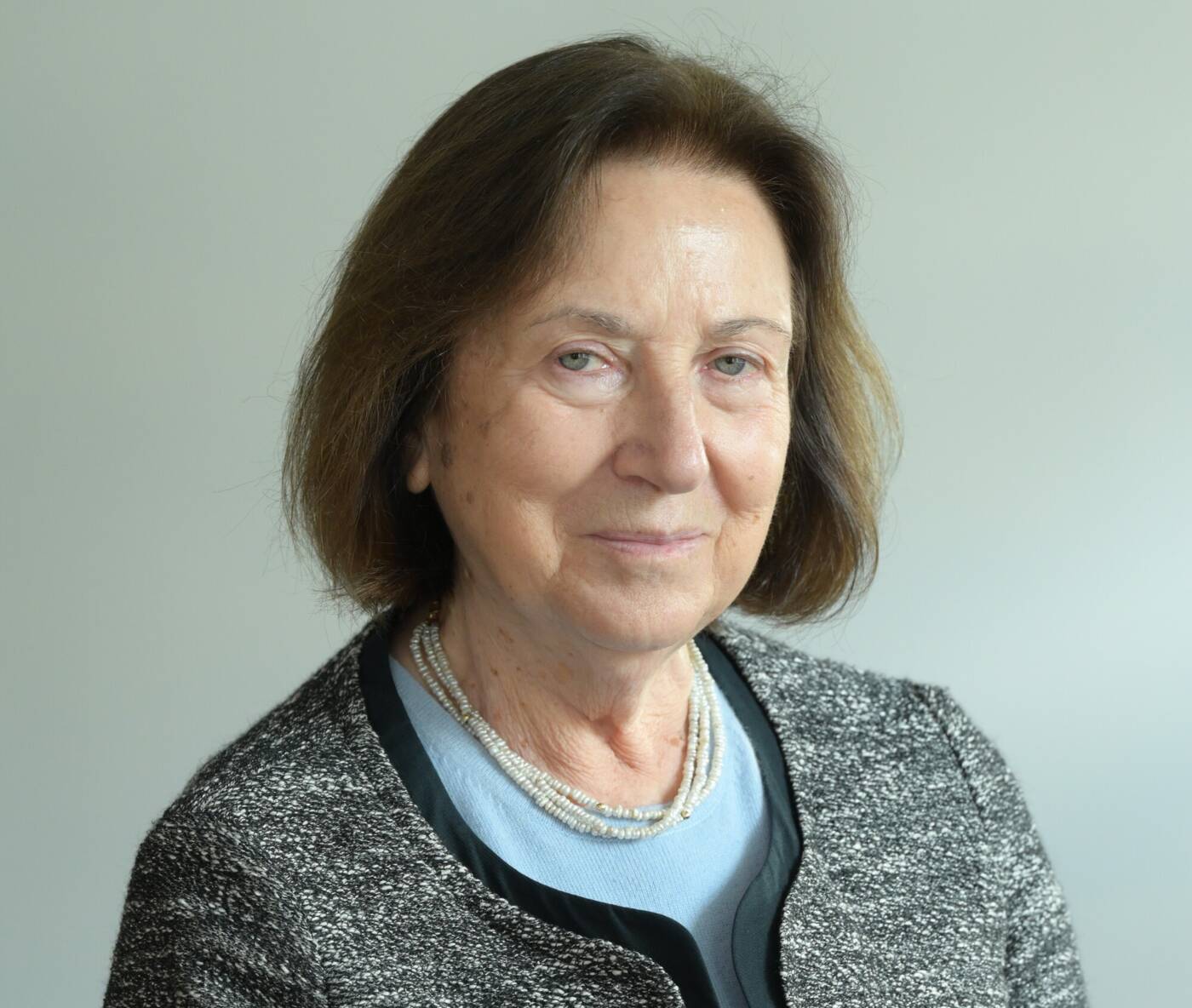
Svetlana Mojsov, Ph.D., has received numerous prizes for her discovery of GLP-1 and its role as a glucose-dependent inducer of insulin secretion led to the development of new medicines for type 2 diabetes mellitus, and more recently as potent weight-loss drugs that prevent heart attacks. These prizes include: the 2025 Breakthrough Prize, the Lasker~DeBakey Clinical Medical Research Award, the VinFuture Prize for Innovation with Outstanding Achievements in Emerging Fields, the 2024 Princess of Asturias Award for Technical & Scientific Research, the 2024 Pearl Meister Greengard Prize, the Warren Triennial Prize, the Tang Prize in Biopharmaceutical Science, and the Frontiers of Knowledge Award. She was also named TIME100 Most Influential People of 2024 and Top 10 people who made a difference in science this year by Nature magazine.
Campbell, Shyer, and Orange Have Been Promoted
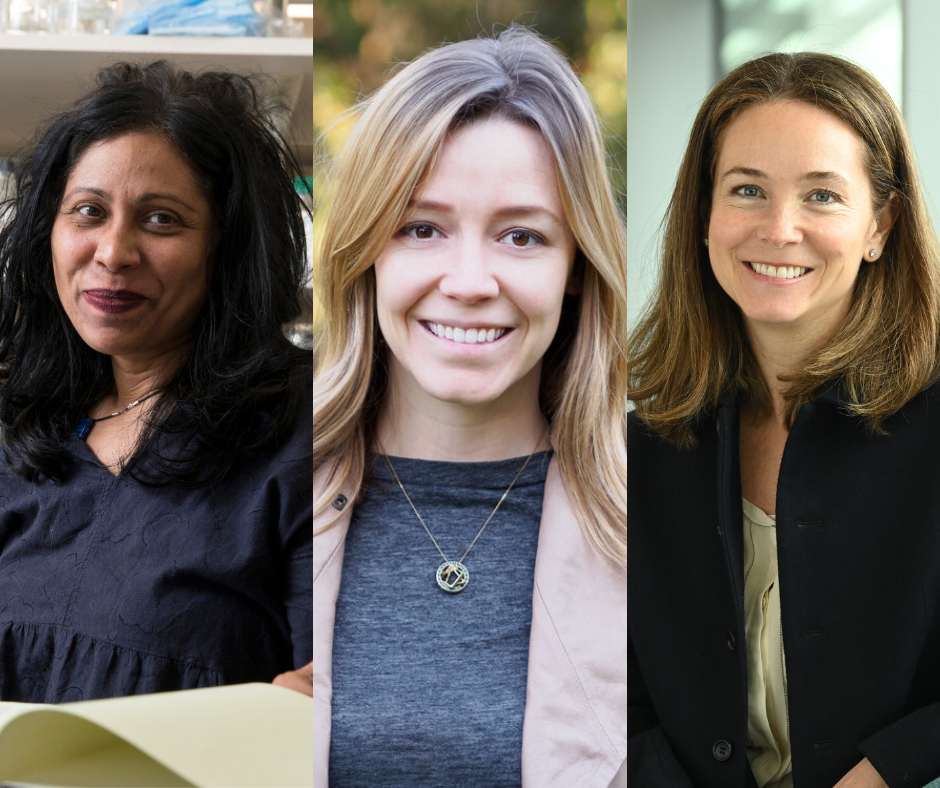
Elizabeth Campbell, Ph.D., has been promoted from research associate professor to professor with tenure and head of lab. Amy Shyer, Ph.D., head of the Laboratory of Morphogenesis, has been promoted from assistant professor to associate professor. Dr. Shyer is a developmental biologist investigating the ways in which mechanical forces affect pattern formation in developing organs. Dana Orange, M.D., M. Sc., has been promoted from associate professor of clinical investigation to the Chapman-Perelman associate professor of clinical investigation.
Cori Bargmann Receives Gruber Neuroscience Prize
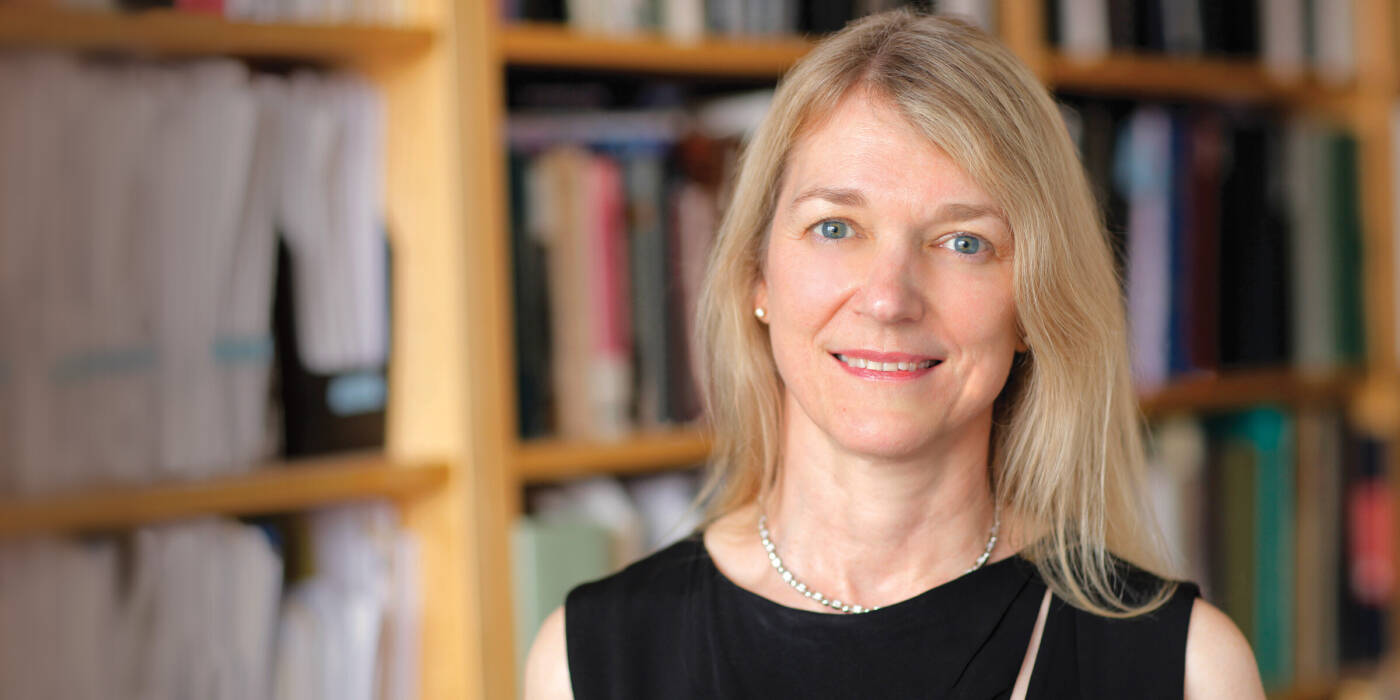
Cori Bargmann, Ph.D., Rockefeller’s Torsten N. Wiesel Professor, head of the Lulu and Anthony Wang Laboratory of Neural Circuits and Behavior, and vice president for academic affairs, received the 2024 Gruber Neuroscience Prize. Dr. Bargmann is being recognized for her role in linking genetics with behavior, which includes identifying the first odorant receptor, and linking this receptor to a specific innate behavior. These early discoveries were then followed up with experiments looking at the link between environmental cues, genetic variation, and flexible behaviors that have provided insights into the genetic basis of behavior. The Gruber Neuroscience Prize will be presented to Cori October 6.
Titia de Lange Received NCI Outstanding Investigator and Pezcoller Foundation Awards
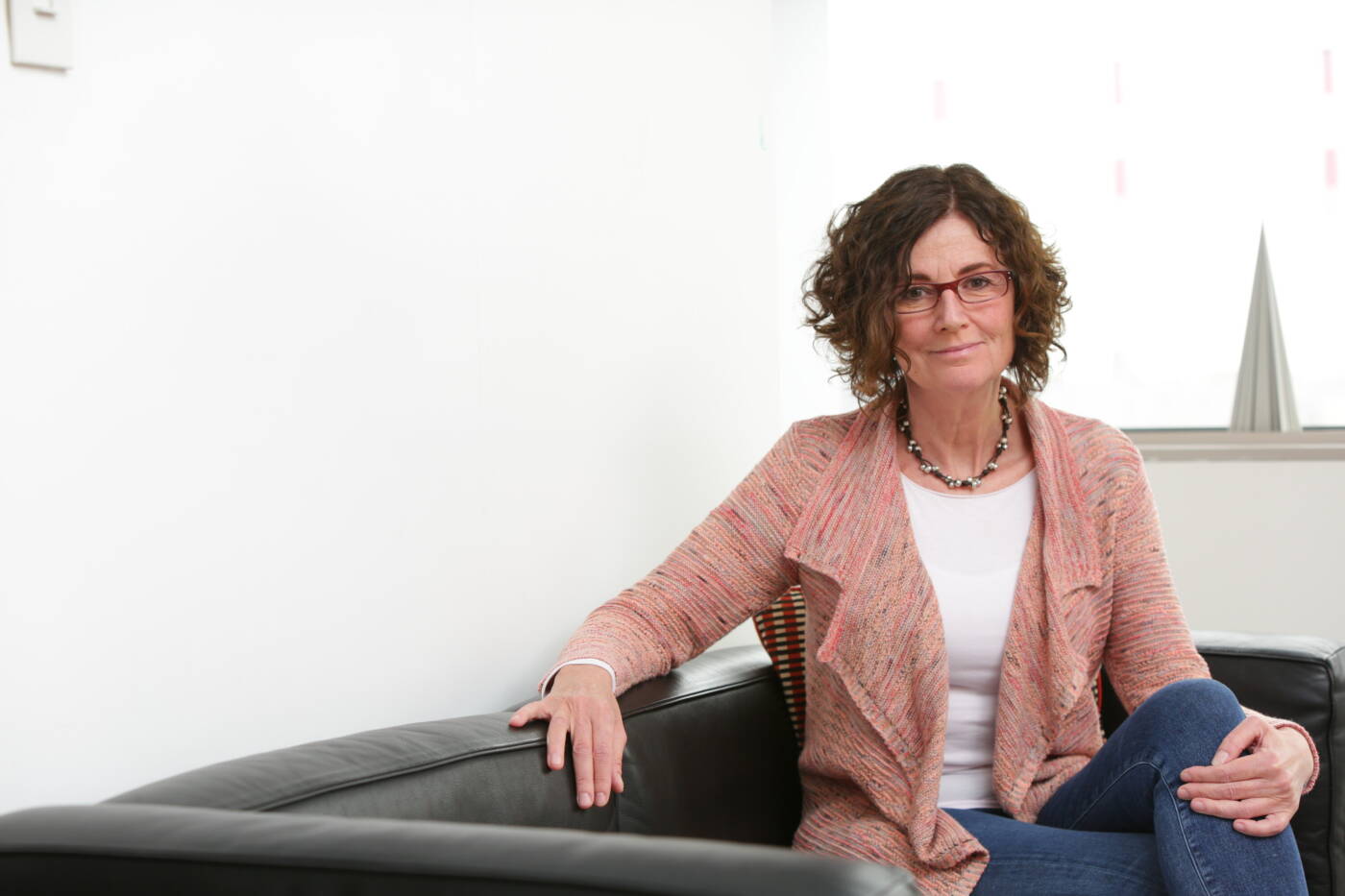
Titia de Lange received an Outstanding Investigator Award from the National Cancer Institute (NCI). These awards recognize a small number of highly innovative and impactful cancer researchers and provide them with generous funding for seven years to support a greater understanding of cancer and the development of applications that may lead to breakthroughs in biomedical, behavioral, or clinical cancer research. Dr. de Lange also received the 2024 Pezcoller Foundation-AACR International Award. Established in 1997, this prestigious honor was created to recognize scientists who have made major contributions to basic or translational cancer research.
Amy Shyer Received NIH Director’s New Innovator Award
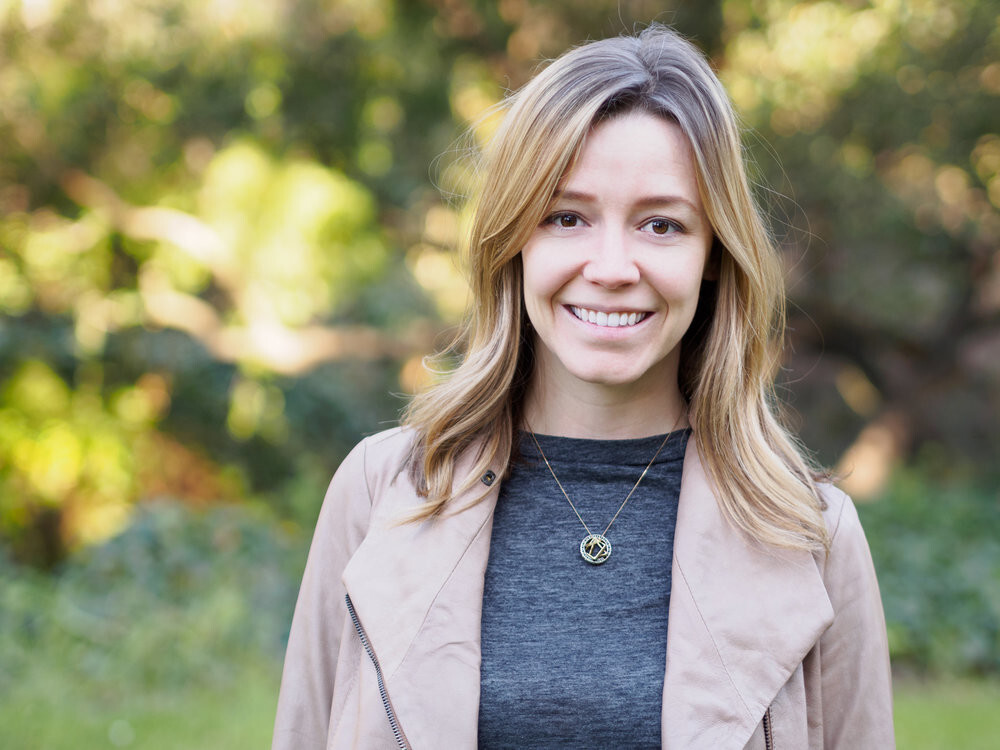
Amy Shyer, Ph.D., received an NIH Director’s New Innovator Award. This award supports exceptionally creative early career investigators who propose highly innovative research with the potential to produce a major impact on areas of interest to the NIH. Amy examines the mechanical forces and molecular cues that direct tissue formation in early development.
Priya Rajasethupathy Received the Maximizing Innovation in Neuroscience Discovery Prize

Priya Rajasethupathy, Ph.D., received the inaugural Maximizing Innovation in Neuroscience Discovery Prize—or the MIND Prize—a new prize presented by the Pershing Square Foundation to recognize and support “next-frontier thinkers” who can uncover a deeper understanding of the brain and cognition, and to yield breakthroughs in neurodegenerative and neurocognitive disorder research.
Agata Smogorzewska Received a Philip A. Sharp Innovation in Collaboration Award
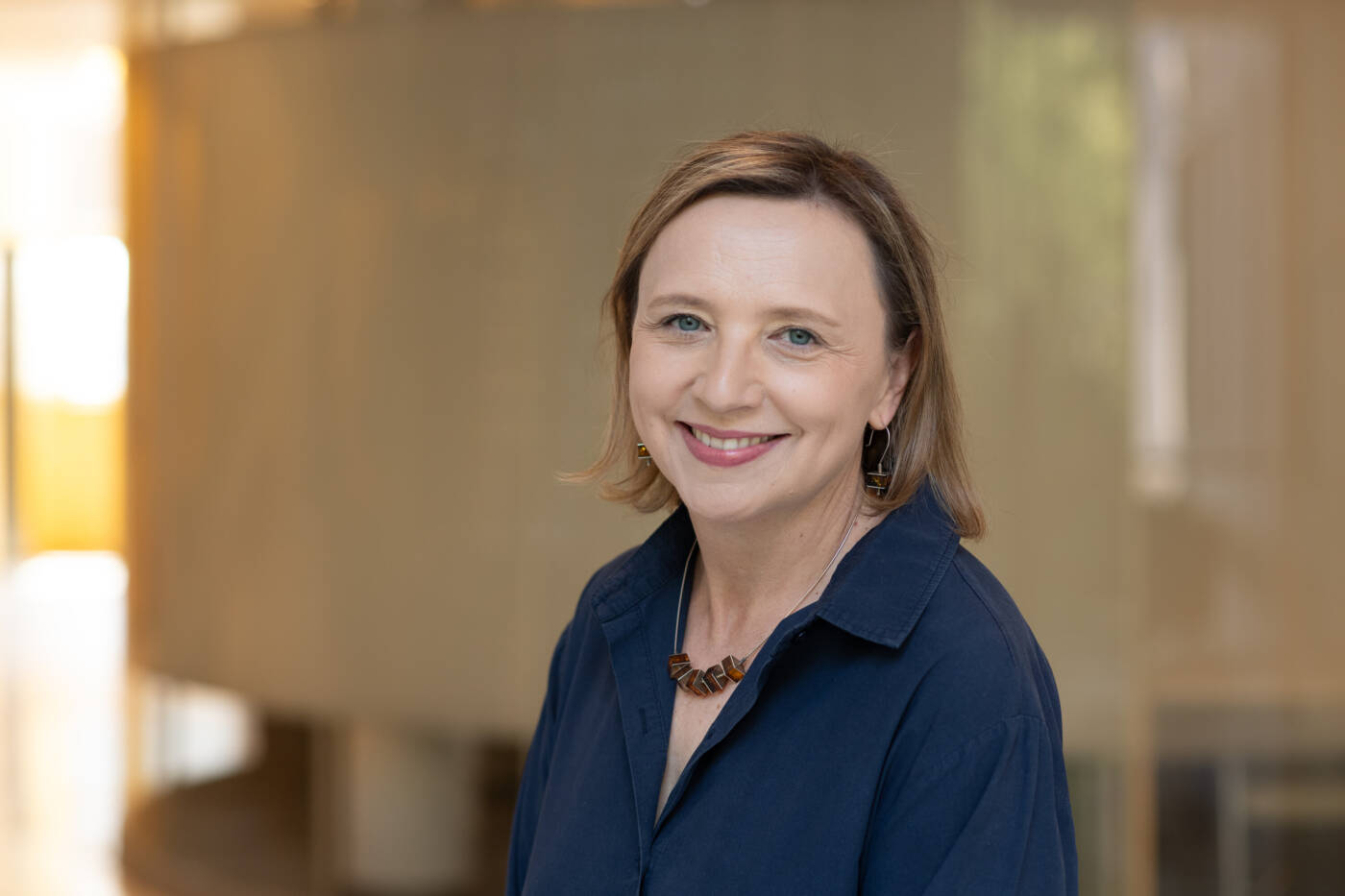
Agata Smogorzewska, Ph.D., in collaboration with Ben Greenbaum at MSKCC, received a Philip A. Sharp Innovation in Collaboration Award for defining the potential of immunotherapy in squamous cell carcinomas of the head and neck that arise from genome instability in Fanconi Anemia.
Cori Bargmann Becomes the Vice President of Academic Affairs

Cori Bargmann, Ph.D., the Torsten N. Wiesel Professor, became the Vice President for Academic Affairs on September 1, 2023.
Leslie Vosshall Named 22nd Perl-UNC Neuroscience Prize Recipient
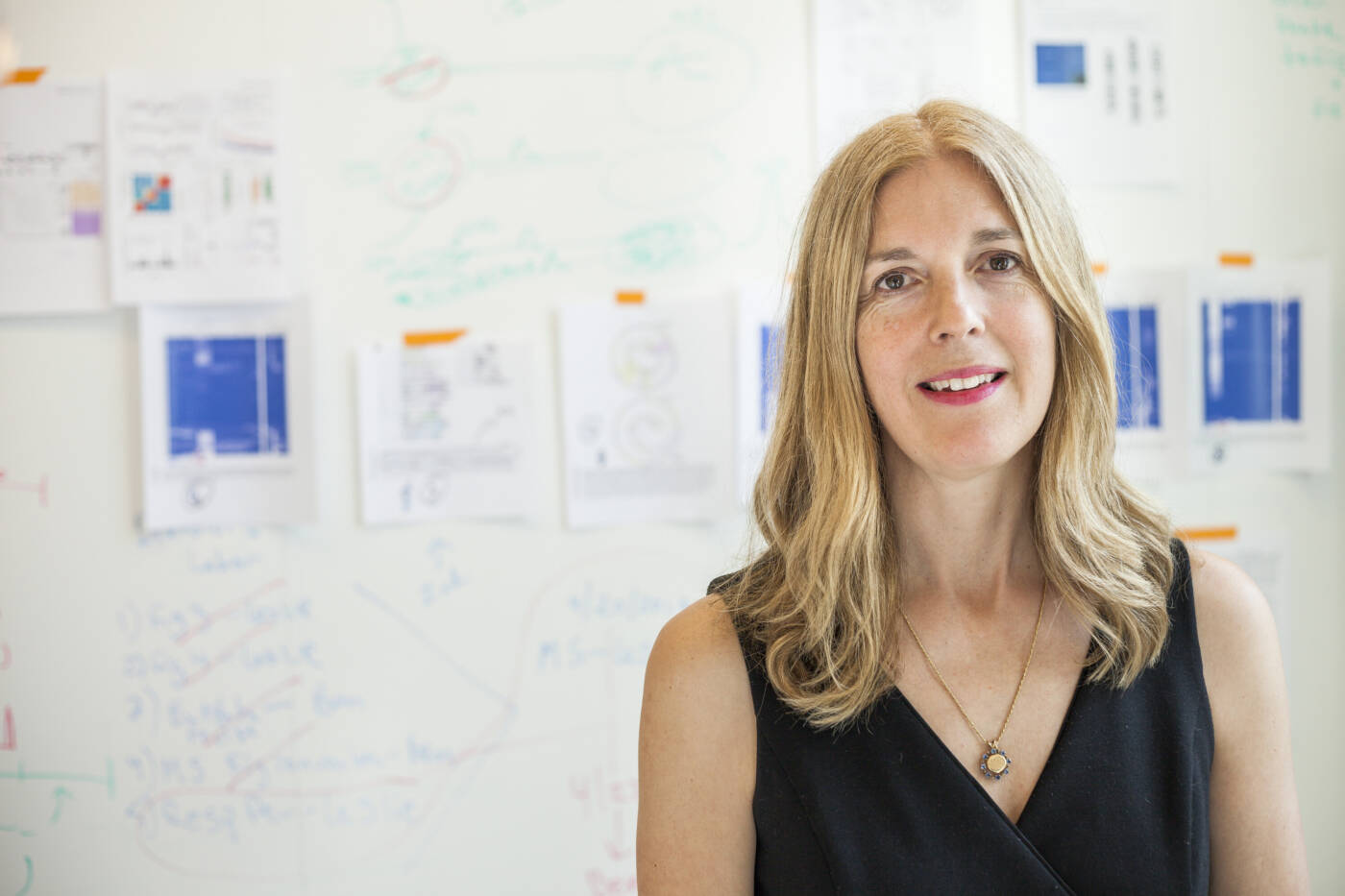
Leslie B. Vosshall, Ph.D., Rockefeller’s Robin Chemers Neustein Professor and head of the Laboratory of Neurogenetics and Behavior, and also Vice President and Chief Scientific Officer of the Howard Hughes Medical Institute, received the 22nd Perl-UNC Neuroscience Prize, a highly prestigious honor in neuroscience. Dr. Vosshall is being recognized for her pioneering research on the molecular genetics and neuroscience of mosquitos, the vector that transmits many human diseases including malaria, dengue fever, Zika, chikungunya, and yellow fever.
Elizabeth Campbell Awarded the Emil von Behring Prize from Marburg University

Elizabeth Campbell, Ph.D., research associate professor in the Laboratory of Molecular Biophysics, which she co-directs with Seth Darst, has been honored with the Emil von Behring Prize from Marburg University for her work determining the structure of the SARS-CoV-2 polymerase, work that is driving structure-based design of improved inhibitors of this and related polymerases. The Emil von Behring Prize recognizes outstanding scientific achievements in the field of immunology, microbiology, or virology.
Li Zhao Promoted to Associate Professor
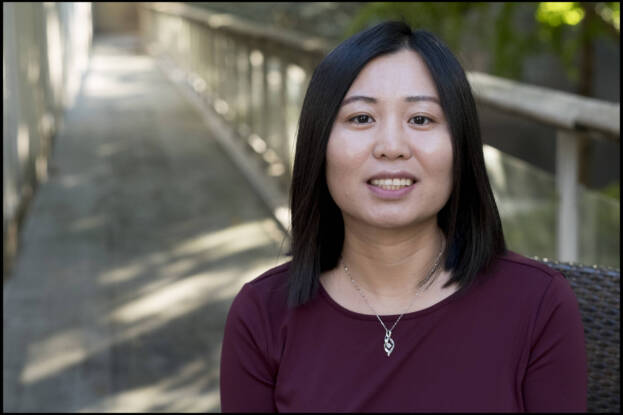
Li Zhao, Ph.D., has been promoted to Associate Professor and head of the Laboratory of Evolutionary Genetics and Genomics. She is an evolutionary biologist who combines superb training in computational biology and bench research to study the origins of de novo genes—DNA sequences that are transcribed and produce protein products that have apparently evolved from previously functionless DNA sequence.
Agata Smogorzewska Promoted to Full Professor

Agata Smogorzewska, Ph.D., has been promoted to Professor with tenure and Head of the Laboratory of Genome Maintenance. She has developed a strong research program focused on understanding the mechanisms of repair of DNA damage and the consequences of its failure. To gain insight into this process, she has studied Fanconi Anemia (FA), an inherited disease in which crosslinks between the two DNA strands aren’t normally repaired, preventing DNA replication across these sites. Patients with FA develop bone marrow failure, are predisposed to a variety of cancers, and have variable congenital anomalies.
Lilian Cohn and Josefina del Mármol Were Selected into the Pew Scholars Program
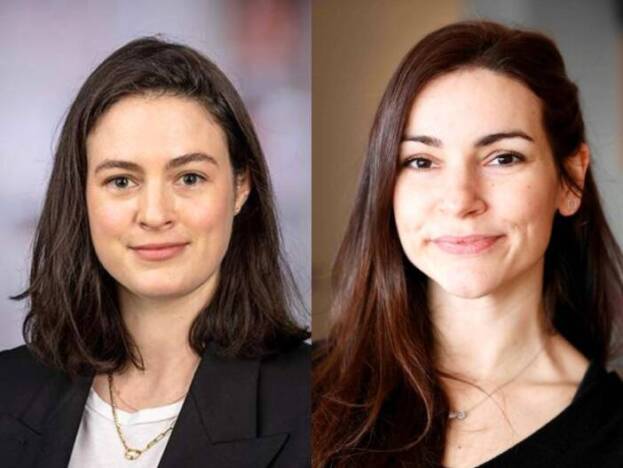
Lillian Cohn, Ph.D., a former Women & Science Fellow in the Nussenzweig lab, and Josefina del Mármol, Ph.D., a former Women & Science postdoctoral fellow in the Ruta Lab, join the Pew Scholars Program in the Biomedical Sciences. Twenty-two early-career scientists were selected to receive four years of funding to spearhead innovative studies exploring human health and medicine. Dr. Cohn, now an Assistant Professor at Fred Hutchinson Cancer Center, will investigate the mechanisms that allow HIV to persist indefinitely inside people living with HIV. Dr. del Mármol, now an Assistant Professor at Harvard Medical School, will elucidate how mosquitoes distinguish and target humans from other animals based on their sense of smell.
Mary E. Hatten Elected to the American Academy of Arts and Science
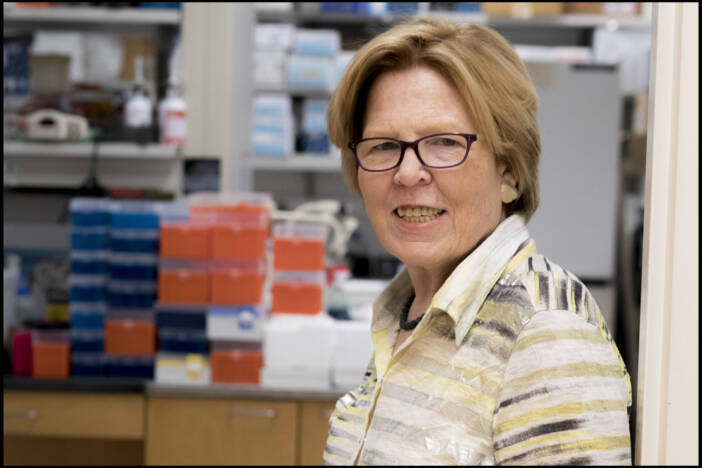
In 2023, Mary E. Hatten, Ph.D., the Frederick P. Rose Professor, and head of the Laboratory of Developmental Neurobiology, was elected to the American Academy of Arts and Sciences, honoring her pioneering research investigating how the brain develops. Dr. Hatten joins a cohort of 21 current Rockefeller colleagues that have been inducted into this storied institution. Established in 1780, the American Academy of Arts and Sciences honors excellence and leadership across disciplines.
